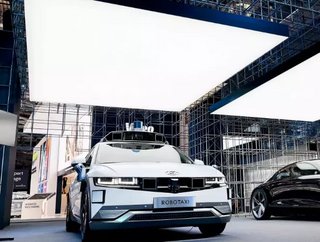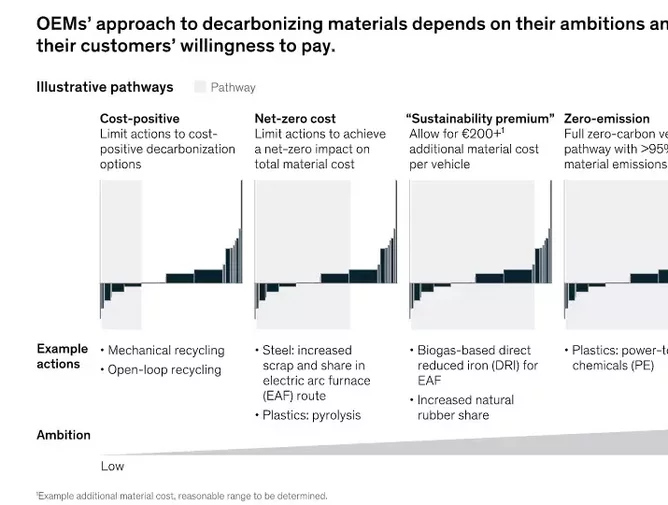Hyundai Motor Company targets carbon neutrality by 2045

Hyundai Motor Company today announced its commitment to become carbon neutral by 2045 at IAA Mobility 2021.
Hyundai's integrated strategy to achieve carbon neutrality rests on three pillars: clean mobility, next-generation platforms, and green energy. Hyundai is showcasing its range of electrified vehicles at the IAA show in Munich this week.
"Under our company's vision, Progress for Humanity, Hyundai Motor is determined to do the right thing for the world," said Jaehoon (Jay) Chang, President and CEO of Hyundai Motor Company. "Climate change is an undeniable challenge that needs everyone's utmost and urgent attention. Hyundai Motor commits to become carbon neutral in its global products and operations by 2045, and we will make investments in cleaner transportation and greener energy solutions to achieve a better and more sustainable future for all."
Hyundai is exhibiting BEV concepts, all-electric robotaxi model, and artistic displays on hydrogen value chain. Its clean mobility vehicles include IONIQ 5, NEXO, Kona EV, and Elec City Fuel Cell bus.
Michael Cole, President and CEO of Hyundai Motor Europe, said: "We are excited to be sharing our future company vision, which goes beyond automotive mobility. On top of this, we are outlining our roadmap to enable a carbon neutral society, which is imperative as the future of the planet is at stake."
Genesis steers electric path
Genesis, Hyundai's luxury vehicle division, recently unveiled the GV60, the brand's first electric vehicle based on E-GMP (Electric-Global Modular Platform), the dedicated EV platform. The vehicle is to be released in the second half of this year in the Korean domestic market, leading the brand's journey to electrification. North American deliveries of GV60 are expected in 2022.
The brand's new vehicles will all be purely electric starting from 2025. To drive the shift to electrification, Genesis will focus on a dual electrification strategy involving fuel cell and battery EVs. Genesis will put an effort on developing pure electric technologies such as new fuel cell systems with higher power output, and electric systems that help improve efficiency. In addition, Genesis will devote itself to building next-generation technology that draws better performance and efficiency from lithium-ion batteries.
Along with the dual electrification strategy, Genesis announced its goal to pursue a carbon neutral brand by 2035. Genesis plans to make the bold transition to innovate its entire value chain, beginning with raw materials, vehicles, and parts and extending to all work sites and production plants.
To become carbon neutral, Genesis will establish itself as a 100 percent zero emission vehicle brand by 2030. Genesis aims to build an EV lineup consisting of eight models and expects global sales to reach 400,000 units per year.
Since 65-80% of emissions an automobile generates are from tailpipe emissions, and corresponding indirect emissions come from fuel supply, the industry has understandably focused on electrifying powertrains.
However, to reach the full potential of automotive decarbonisation, and achieve the zero-carbon car, industry players now must turn their attention to material emissions as well, according to McKinsey.







